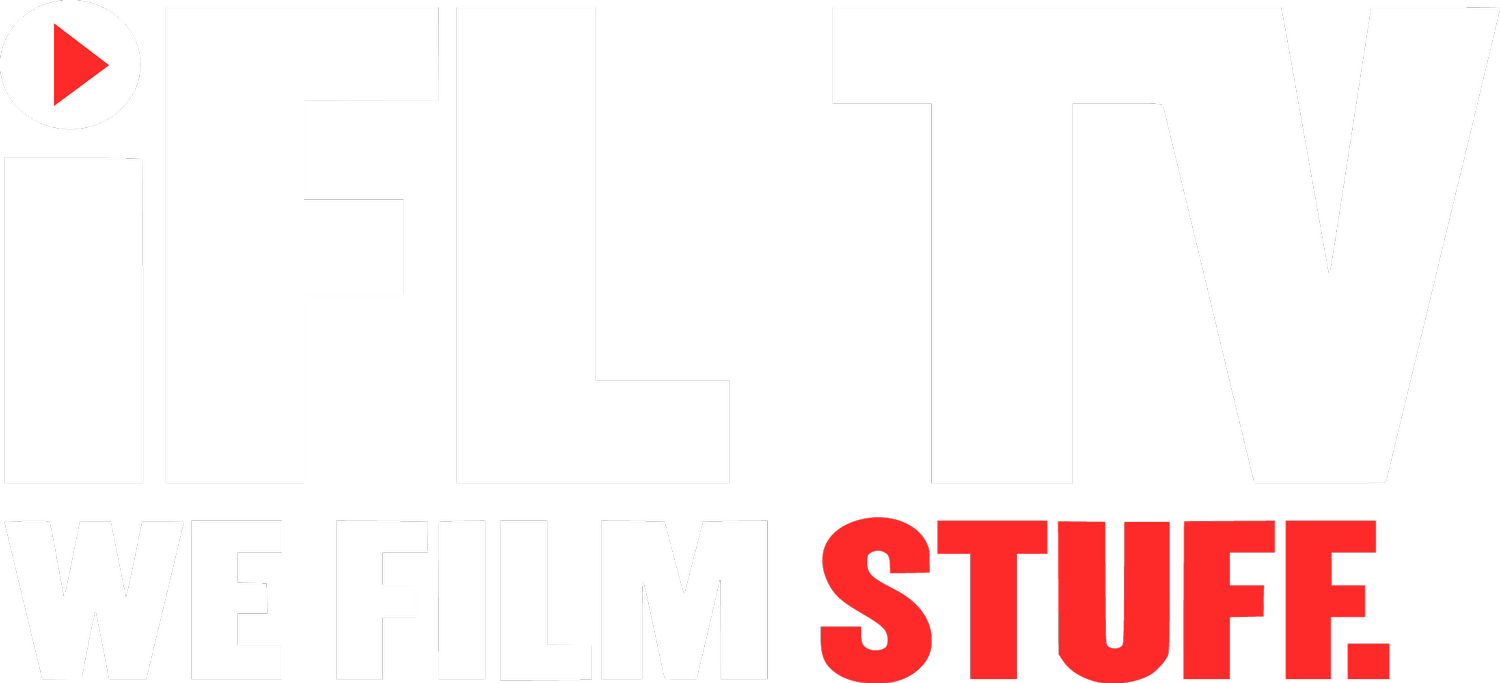Exposing the Scorecards & Whistles: Should Judges & Referees Be Publicly Held Accountable?
By Billie Sloane, IFL TV
Boxing is a sport built on moments—the punch that changes everything, the split-second decision that seals a legacy. But too often, those defining moments aren’t determined by the fighters themselves, but by the ones with the scorecards and whistles. Judges and referees hold immense power in this sport, yet unlike fighters, promoters, or trainers, they rarely have to explain themselves.
Some say it’s time for that to change. Should boxing officials be held publicly accountable for controversial decisions? Would transparency lead to better scoring and fewer robberies? Or would forcing judges and referees into the spotlight create more problems than it solves?
The Case for Holding Officials Accountable
Boxing has no shortage of baffling decisions—scorecards that make no sense, stoppages that come too soon, or fights allowed to continue when a fighter clearly has nothing left. And when it happens, fans are left screaming at their screens, fighters are left furious, but the officials? They go home without a word.
Imagine if, after a fight like Lewis Ritson v Miguel Vazquez, the judges had been required to sit down and explain their scorecards. Could they have justified their reasoning, or would they have exposed the flaws in the system?
Many other sports hold officials accountable. Football referees face post-match scrutiny, NBA officials release reports on crucial calls, and VAR decisions in football are broken down and explained. So why does boxing—one of the most controversial sports when it comes to officiating—continue to operate in the shadows?
A post-fight press conference for referees and judges could bring much-needed transparency. If an official stands by their decision, they should have no issue explaining it. If they made an error, they should acknowledge it. And if judges know they’ll be expected to justify their scores, wouldn’t that naturally lead to greater consistency?
When scorecards are so consistently debated, shouldn’t the people making those decisions be willing to face the same scrutiny as the fighters whose careers they affect?
Would Public Scrutiny Make Things Worse?
But here’s the counterargument—would putting judges and referees in front of the cameras actually improve anything? Or would it just add another layer of chaos to an already chaotic sport?
Judging a fight isn’t as simple as watching it from the comfort of the sofa. Ringside judges don’t have the luxury of replays or multiple camera angles. The way a fight looks on TV isn’t always how it looks in real time, under the lights, from a fixed seat at the apron.
And let’s not ignore the reality of social media. We’ve already seen fighters, promoters, and even broadcasters receive death threats over controversial decisions—what happens when a judge is forced to publicly defend a scorecard that an army of angry fans disagrees with? Would we be creating a culture where judges are too afraid to make a tough call for fear of public backlash?
Referees face the same issue. Boxing is an unpredictable sport, and referees have to make split-second decisions in real time. Would forcing them to justify those calls after the fact cause hesitation in the ring? Would a ref think twice about stopping a fight out of fear that they’ll be grilled in a post-fight press conference?
And then there’s the question of consistency. If boxing introduces a system where judges and referees are required to explain themselves, what happens when a poor decision is exposed? Would there be consequences? Would judges get suspended? Or would it just be another talking point for fans and media, with no real change?
Is there a way to introduce more accountability without turning judges and referees into scapegoats?
Should Fighters Take the Blame for Bad Decisions?
Another issue that gets overlooked is the amount of blame fighters receive for controversial officiating.
When a fighter gets a gift decision, they’re accused of “robbing” their opponent. When a referee waves off a fight too early, the winning fighter is told they didn’t truly “earn” the victory. But the reality is, fighters don’t control what the judges write on their scorecards, nor do they make the stoppage decisions.
Look at Canelo Alvarez vs. Gennady Golovkin I—a fight most believed Golovkin had won. Yet when the draw was announced, Canelo was blamed, even though it wasn’t his decision.
If a fighter benefits from a bad call, should they be expected to defend it? Or does the blame lie solely with the officials?
Finding a Middle Ground
So what’s the solution? It’s clear that boxing needs more transparency in officiating, but forcing judges and referees into post-fight interrogations may not be the answer.
Perhaps the sport could introduce official score explanations—short statements released after controversial fights, outlining why certain rounds were awarded to certain fighters. This would allow for insight without putting individuals directly in the firing line.
Another option? A review system for major fights. If a decision is widely contested, governing bodies could re-evaluate the scoring with an independent panel. If a judge’s scorecard is consistently way off the mark, there could be consequences—perhaps suspensions or even removals from officiating at a high level.
Boxing fans deserve better than the constant guessing game of how fights are scored, but is public accountability the right approach, or just an easy target for frustration?

